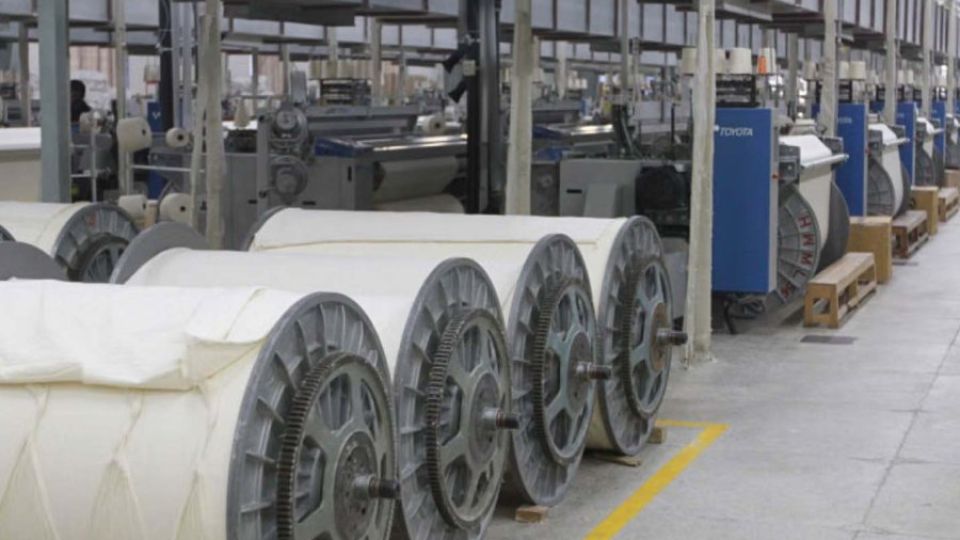November 3, 2023
DHAKA – Industrial production in Bangladesh grew at a slower pace of 8.99 percent in the last fiscal year of 2022-23 as consumer demand dropped amid sustained higher inflation, sluggish export growth and falling imports.
Widely used for the observation and analysis of the current economic activity, industrial production rose 16.19 percent in 2021-22, according to the general index of industrial production for medium and large-scale manufacturing factories of the Bangladesh Bureau of Statistics (BBS).
The slowing trend is likely to persist in the current financial year 2023-24 amid the lingering downturn in imports of industrial raw materials and intermediate goods as well as political uncertainty.
Zaidi Sattar, chairman of the Policy Research Institute of Bangladesh, however, termed the industrial production growth decent.
“The growth is satisfactory under the import compression and current economic challenges,” he said.
He said factory output growth could be muted in the next couple of months and may pick up early next year.
The industrial sector contributed 35.55 percent to the gross domestic production in FY23. The manufacturing sector constituted 23 percent of the GDP.
BBS data showed that the production of jute textiles, garments, pharmaceuticals, paper, fertilizer, processing of tea and coffee, soap and detergents, and processing and preserving of fruits dropped in June this year from a year ago.
Zaved Akhtar, chairman and managing director of Unilever Bangladesh Ltd, said inflation, fueled first by the post-Covid-19 impact, and then the Russia-Ukraine war, along with some economic headwinds, had an impact on consumers and shoppers.
Bangladesh’s currency saw a sharp depreciation over the last few months, he said.
“The above has created a challenging condition for consumers due to the drop in disposable incomes. People are coping by reducing shopping baskets and delaying purchases.”
“This has led to a decline in discretionary items such as soaps and detergents, and both categories are seeing reduced purchase patterns in the market, especially for the more premium brands.”
According to Akhtar, Unilever constantly optimises the costs through innovation, investments and transformation of production processes, ensuring that its products and services continue to meet consumer expectations, even in the face of economic challenges.
Citing BBS data, Malik Mohammed Sayeed, chief operating officer of Square Toiletries Ltd, said the wage growth in Bangladesh has been below the inflation rate for the last 18 months.
Low-income families, including the working population, are cutting consumption of daily necessities for the sake of living cost management, he said.
“The market is observing a slight drop in demand, especially in personal care products. In some cases, consumers have moved from larger packs to medium-sized or smaller packs.”
Square Toiletries has reduced the prices of several products to make them more affordable to customers, Sayeed added.
Zaidi Sattar, who formerly worked at the World Bank, said the manufacturing sector growth will slow if import remains compressed.
Following a 16 percent year-on-year decline in FY23 after the Bangladesh Bank moved to discourage the import of non-essential items in order to stop the depletion of the foreign currency reserves, imports slumped 22 percent in July-August of FY24, according to the BB.
“Import controls are not working. Instead of controlling imports, the authorities should allow the market forces to determine the exchange rate which will ultimately enable firms to operate in a better way,” Sattar said.


